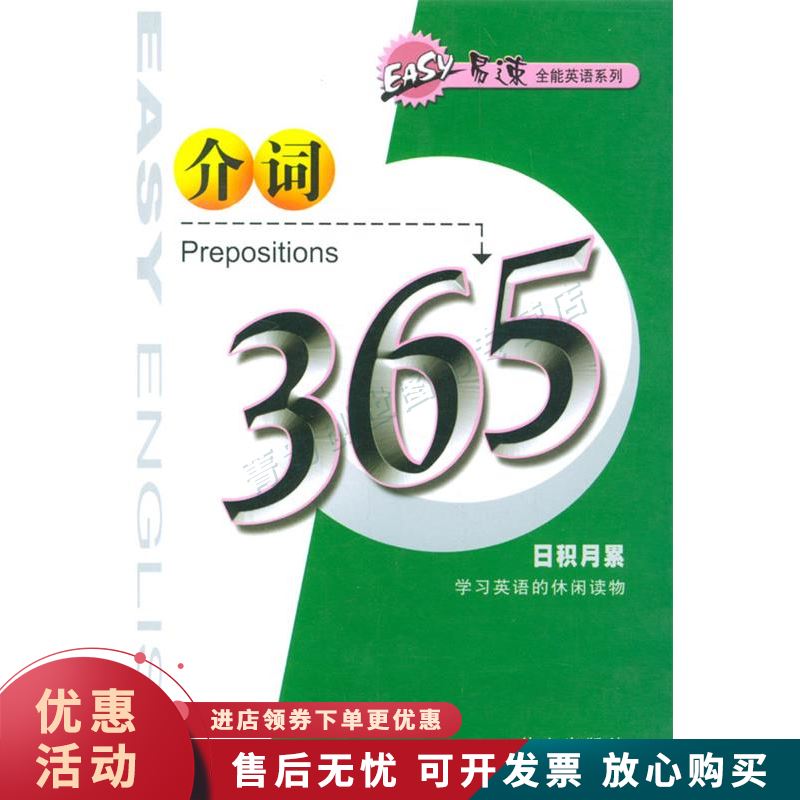小介词,大用法。介词按功能主要分为时间介词、地点方位介词、方式介词等。下面主要说说时间介词in、on和at的用法。
一、时间介词in的用法
1、用于泛指的早上、下午、晚上时间段前。例如:
①They usually take exercise in the morning.(他们通常在早上进行体育锻炼。)
解析:句中in the morning表示泛指任意的早上。
②He likes playing football in the afternoon.(他喜欢在下午踢足球。)
解析:句中in the afternoon表示泛指任意的下午。
③I like reading in the evening.(我喜欢在晚上阅读。)
解析:句中in the evening表示泛指任意的晚上。
2、用于年份、月份、季节、世纪、朝代前。例如:
①He was born in July,2000.(他出生于2000年7月。)
②The days get longer in spring.(春季白天时间变长了。)
③The church was built in the 12th century.(那座教堂建于12世纪。)
④The work of art was made in the Tang Dynasty.(这件工艺品是在唐代制作的。)
3、in和一段时间连用,可以用来表达“在......之后”,句子通常用将来时态。例如:
①We will come back in ten days.(我们会在10天之后回来。)
二、时间介词on的用法
1、on常用于节假日和星期前。例如:
①Her father will buy her a gift on Children's Day.(她父亲会在儿童节那天给她买一份礼物。)
②She goes to the park on Sundays.(她每周日都去公园。)
2、on常用于具体的日期。例如:
①She was born on May 7th,2012.(她出生于2012年5月7日。)
3、on常用于特指某一天的早上、下午、晚上前。例如:
①She went to the library on Saturday morning.(她周六早上去了图书馆。)
②They plan to go to New York on the afternoon of July 7th,2022.(他们计划2022年7月7日下午去纽约。)
三、时间介词at的用法
1、通常用于具体的时刻前。例如:
①He gets up at 6 a.m. every day.(他每天早上6点起床。)
2、通常用于某些重大节日前。例如:
①She will visit her teacher at Christmas.(她圣诞节要去拜访她的老师。)
3、用于一些固定搭配中。例如:
at noon(在中午),at night(在晚上)
at the moment(在此刻)
at the age of...(在......岁时)
以上内容就是时间介词in,on和at的用法。

题外话:介词本身并不难,但是其知识点特别多,特别零碎,要想完全掌握其用法,最好的办法就是找一本专门讲解介词的书籍,我在网上找了好久有关介词的书籍,终于让我找到了一本有质量的好书,书名就叫《介词365》。
@大家好,如果想要学习更多的知识干货内容,请到百度搜索浏览我的主页:知识宝藏杨先生 关注点赞收藏转发不迷路

